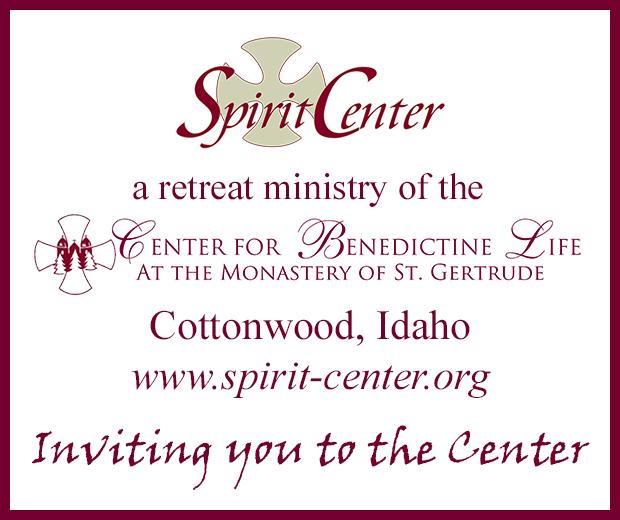What questions do you have about Judaism? Submit them online, or fill out the form below.
How come sometimes when Jews pray (like during Yom Kippur services) they pound their chest with their fist?
Read part one of this post here.
During Yom Kippur we recite prayers where we hit our chest as we recite each transgression. My kids started referring to Viddui as “The Dobby prayer” when they were younger. In Harry Potter, Dobby the house elf punishes himself physically whenever he makes a mistake. Prayer on Yom Kippur can look vaguely similar.
When we strike our chests during Viddui, it’s a physical representation of guilt. We not only admit to our guilt with our words, but also with our actions. One explanation I’ve been taught is that we can use our desires (heart) and our actions (hands) combined to hurt others and ourselves. So by using our mouths to recite the words and our hands to strike our hearts, we are using those which can hurt to admit our wrong doings and then we can commit to use those to do better.
Jewish prayer is not still. We bow at certain times in certain prayers. We cover our eyes at certain lines of certain prayers. We bounce on the balls of our feet as we recite certain lines certain lines. The physical movement in prayer helps keep us focused and gives us a physical representation of what we’re saying. Judaism is never just about saying. It’s very much about doing. When we recite the Viddui prayer, we strike our chests as a reminder that we have done wrong and that we have the power to do better in the coming year.




[…] During Yom Kippur, we repeat Ashmanu and Al-Chet prayers, wherein we confess to a list of transgressions. The entire text is recited by the entire congregation repeatedly, out loud, and all together. There are several reasons listed for the communal recitation; one is that all Jews are responsible for each other, and another is to not embarrass an individual. Traditionally, we strike our chests as we recite each sin; I’ve written a bit about that in the past. […]